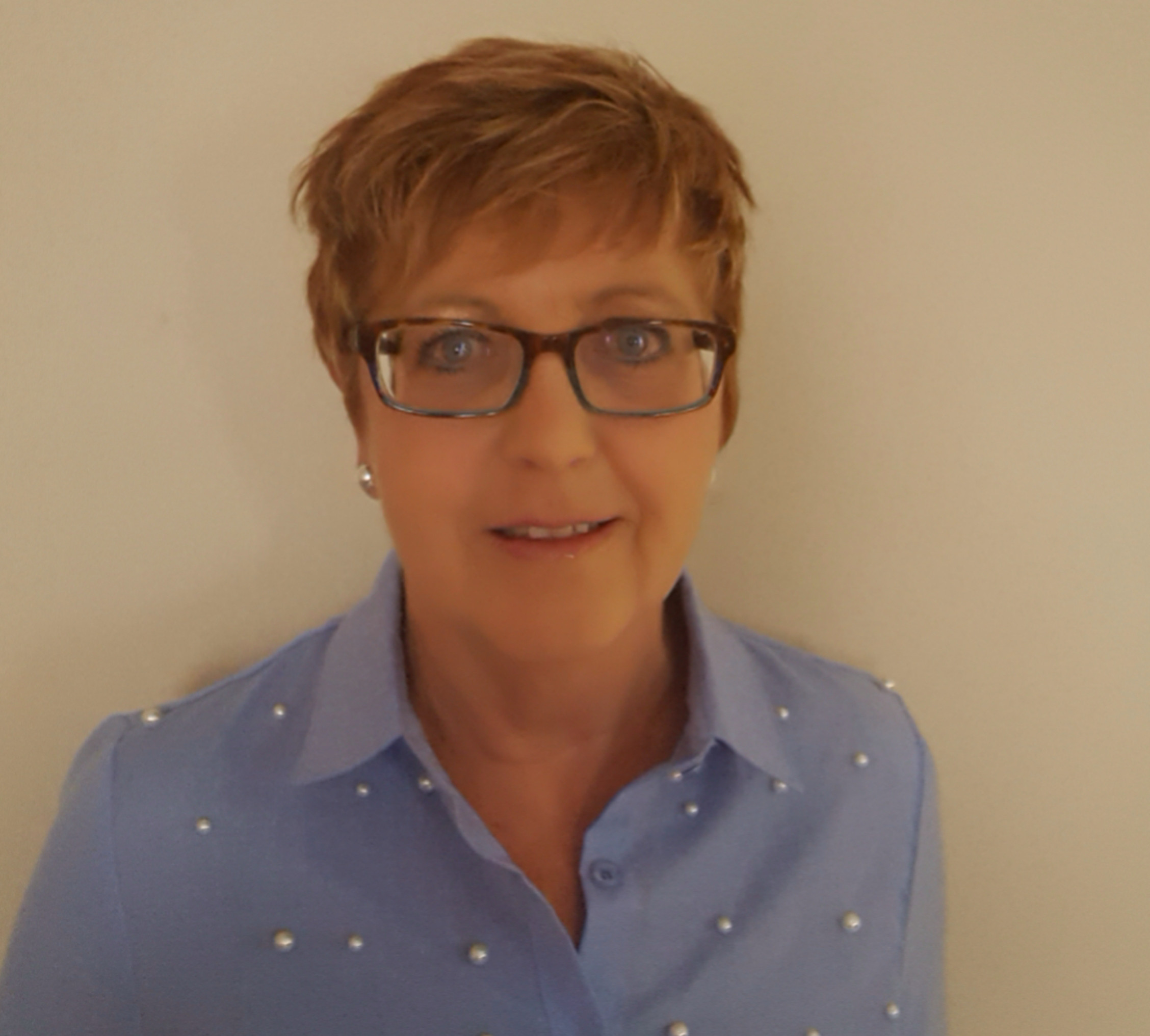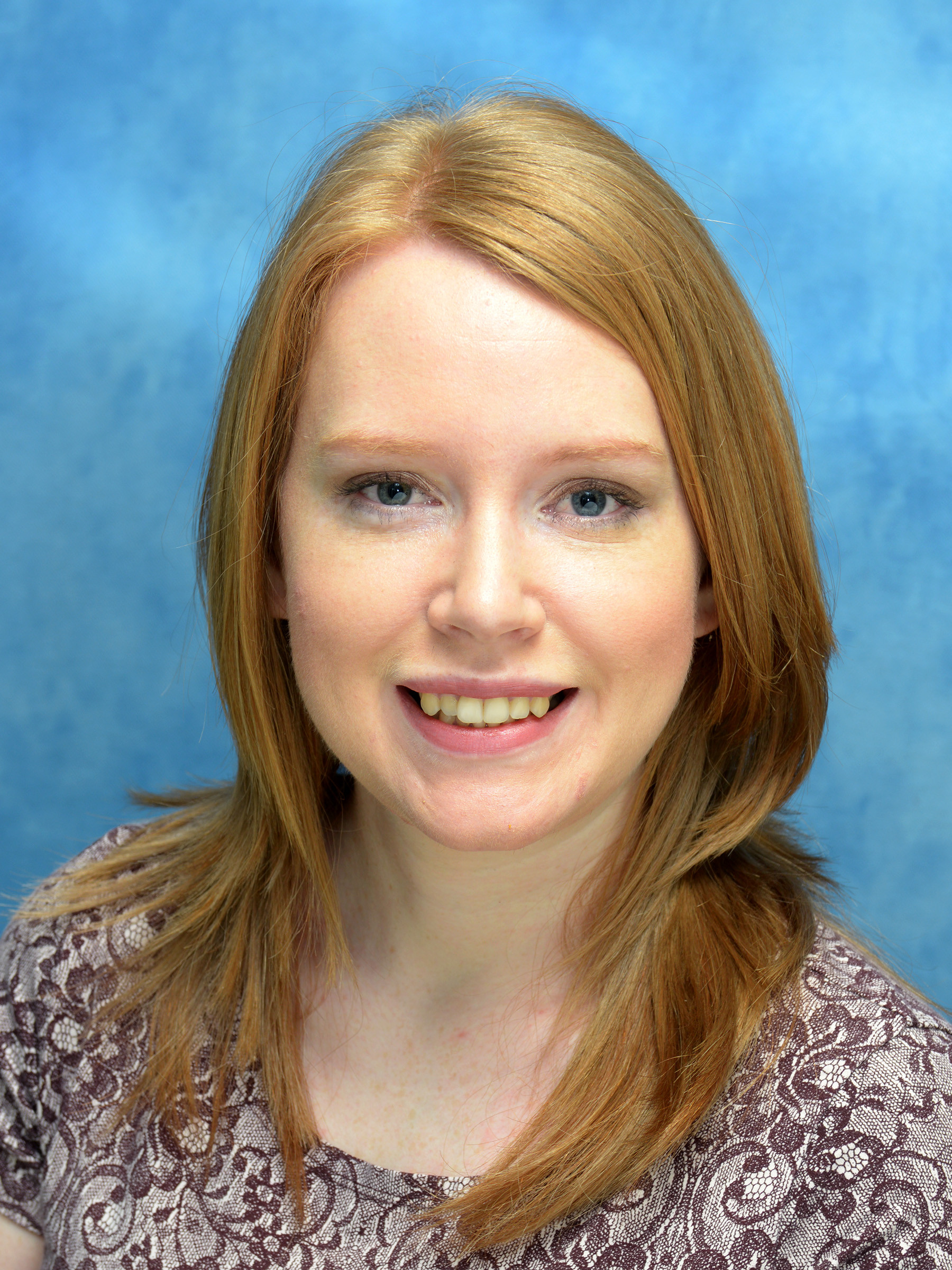Package summary
Start Date
End Date
The Facts and How to Help
This training course is aimed at parents whose children have had a recent diagnosis of autism or for parents and family members who want to learn about autism and strategies to help.
The information provided can be applied across a range of ages and ability levels but is most suitable for children and young people in the 4-11 years age range.
This programme consists of
1. Autism, the Facts and How to Help
2. Learning Styles and Visual Methodologies
3. Social Communication
4. Sensory Processing
5. The Promotion of Positive Behaviour
Notes
Courses in package
Autism, the Facts and How to Help
Event summary
Date
Start Time
End Time
Family Carers Ireland, Ennis, Co. Clare, Ennis, Clare
Booking closes
The Facts and How to Help
This training event will explain what autism is and consider the impact of autism on a child’s daily life and development. This session is the foundation for addressing the associated difficulties of behaviour that challenges, sensory processing difficulties, anxiety and social communication. This session has been designed to consider the needs of children in the 4-11 years age range.
Expected Outcomes:
Parents and family members will have an increased understanding of
• How children with autism perceive the world.
• How children with autism think and learn.
• How to use children with autism’s strengths to help them reach their potential.
• The underlying difficulties faced by children with autism in learning, social interaction and communication.
• Applying strategies when supporting, interacting with and teaching children with autism
Notes
Location
Family Carers Ireland, Ennis, Co. Clare
Get DirectionsRichard Crawte
Learning Styles and Visual Methodologies
Event summary
Date
Start Time
End Time
Family Carers Ireland, Ennis, Co. Clare, Ennis, Clare
Booking closes
Learning Styles and Visual Methodologies Visual strategies are widely used when living and working with children and young people with autism as they:
- Complement the learning style of many with autism.
- Can be introduced alongside other intervention strategies.
- Are adaptable, portable and can be used in most situations.
The use of visual strategies can have a notable impact on how a child with autism experiences home life, as they help to clarify expectations and make abstract concepts more concrete.
Visual strategies support children as they develop effective communication, appropriate social interaction, and positive behaviour skills.
These methods are based on the principles of the TEACCH programme and may help parents provide consistent teaching methods.
This session has been designed to consider the needs of children in the 4-11 years age range
Expected Outcomes:
Parents and family members will:
- Understand the importance of visual teaching methods in autism.
- Understand how visuals will improve the learning of the child and their experience at home.
- Develop some visual strategies that can be used to support the child.
Notes
Location
Family Carers Ireland, Ennis, Co. Clare
Get Directions
Dee Hogan
Social Communication
Event summary
Date
Start Time
End Time
Family Carers Ireland, Ennis, Co. Clare, Ennis, Clare
Booking closes
Social Communication
Building on knowledge gained in the first two sessions, this training event aims to increase parents understanding of how autism affects social communication and will provide strategies that may help.
This session has been designed to consider the needs of children in the 4-11 years age range.
Expected Outcomes:
Parents and family members will have an increased understanding of
- How autism impacts communicative development.
- How autism impacts communicative exchange.
- How to use children’s and young people’s strengths to help them communicate more effectively.
- The reasons underlying the difficulties faced by children in the area of social communication and how to help.
Notes
Location
Family Carers Ireland, Ennis, Co. Clare
Get Directions
Eleanor McStay
Eleanor holds a Post Graduate Diploma in Sensory Integration and is an Advanced Sensory Integration Practitioner.
She has worked closely with parents, teachers and health professionals to support the implementation of communication, sensory and emotional regulation supports across home and school environments.
Sensory Processing
Event summary
Date
Start Time
End Time
Family Carers Ireland, Ennis, Co. Clare, Ennis, Clare
Booking closes
Sensory Processing
Sensory Processing generally refers to the ability of an individual to register sensory information, make sense of that information, and to respond to it. This is a complex and fluid process involving all the sensory systems, auditory, gustatory, visual, olfactory, tactile, proprioceptive, and vestibular. When sensory processing is working well, an individual’s responses to sensory information are positive and support interaction. However, sensory processing difficulties are quite prevalent in the profiles of children with autism and can affect every aspect of life and development.
This session examines the sensory processing differences frequently associated with autism and will demonstrate how such difficulties impact on learning, leisure activities and choices, social interactions and behaviour at home and in school. This session has been designed to consider the needs of children in the 4-11 years age range.
Expected Outcomes:
Parents and family members will
• Develop a basic understanding of some of the sensory processing differences in autism.
• Understand how sensory processing differences can affect their child’s experience in school and at home.
• Gain knowledge of strategies, which will assist in meeting their child’s sensory needs.
Notes
Location
Family Carers Ireland, Ennis, Co. Clare
Get DirectionsAíne Henry
The Promotion of Positive Behaviour
Event summary
Date
Start Time
End Time
Family Carers Ireland, Ennis, Co. Clare, Ennis, Clare
Booking closes
The Promotion of Positive Behaviour
Children with autism can experience elevated levels of frustration, anxiety and stress often resulting in distressed behaviours. Responding effectively to behaviour remains a concern for parents of children with autism.
Early intervention and planning are important to ensure that children have an array of proactive strategies to defuse rather than escalate a demanding situation.
This session will examine how the core features of autism can influence the behaviour of children. This session has been designed to consider the needs of children in the 4-11 years age range.
Expected Outcomes:
Parents and family members will:
- Understand how the core features of autism can influence behaviour.
- Understand the importance of identifying the function of a behaviour.
- Learn practical strategies for recognising early warning signs, making positive interventions and reducing potential triggers.
- Anxiety and its impact on behaviour.
Notes
Location
Family Carers Ireland, Ennis, Co. Clare
Get Directions
